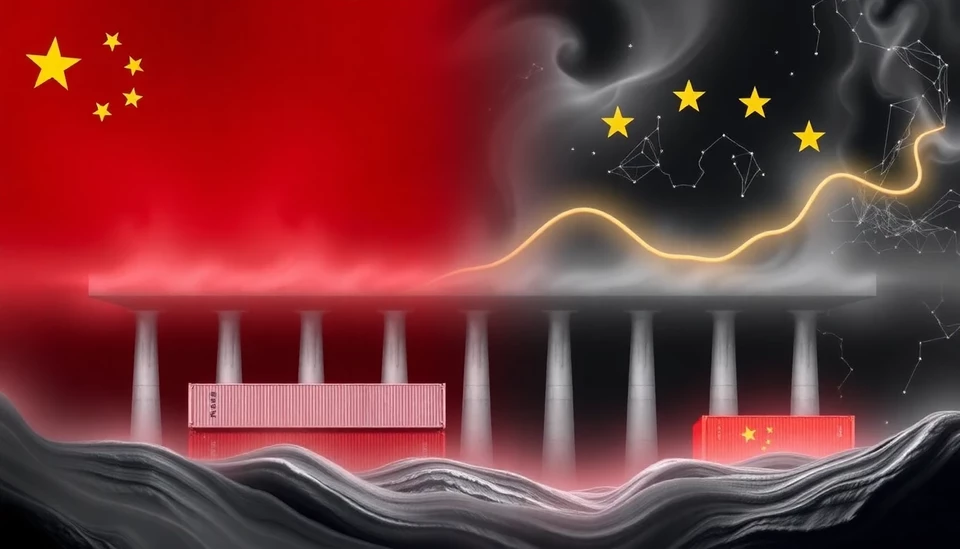
In a compelling address, Pan Gongsheng, the Deputy Governor of the People's Bank of China (PBOC), raised alarms over the growing trade frictions that threaten to undermine trust in the global economy. Speaking at an international financial conference, Pan emphasized the negative impact these tensions could have on international cooperation and financial stability.
Pan's remarks echoed a sentiment that has been increasingly prevalent among economists and policymakers: the complexities of trade relations are not only a challenge for nations but could also lead to decreased investor confidence and hinder economic growth globally. He specifically noted that ongoing disputes and tariff impositions could spiral into a scenario where countries become overly protective, ultimately stifling innovation and market access.
Highlighting the interconnectedness of global markets, Pan pointed out that the economic well-being of nations is increasingly reliant on cooperative trade relations. He observed that disruptions caused by tariffs and trade barriers can lead to uncertainty, which is often met with reduced investment flows and heightened volatility in financial markets. Such a scenario could foster a cycle of mistrust, with lasting implications for international partnerships.
The PBOC deputy governor's comments come at a critical juncture as nations grapple with the repercussions of past trade policies, and as new negotiations are underway aimed at addressing longstanding disputes. The themes of his speech resonated deeply with many attendees who fear that unless these issues are tackled head-on, the world could witness a regression to protectionist practices akin to those of the early 20th century.
In his address, Pan reiterated the need for the global community to engage in constructive dialogue and to seek mutually beneficial solutions to bridge the gaps created by trade disputes. He called for coordinated efforts to harness the shared interests of nations, emphasizing that economic prosperity is best achieved through collaboration rather than confrontation.
Pan's warnings serve as a clarion call to both policymakers and business leaders alike, urging them to pursue strategies that enhance collaboration and investment opportunities within the framework of international trade. The urgency of his message could not be clearer: the future of the global economy may very well depend on our ability to navigate these choppy waters together.
As the world watches and awaits further developments in global trade discussions, it remains to be seen how nations will respond to these growing concerns about trust and economic cooperation.
#TradeFrictions #GlobalEconomy #PBOC #InternationalCooperation #EconomicTrust
Author: Rachel Greene




